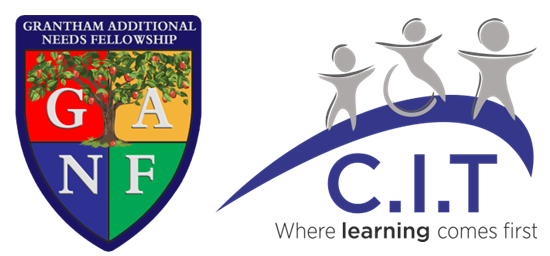Ambergate Curriculum Rationale
Curriculum Statement
At GANF, our curriculum intent at Ambergate Campus is as follows:
‘A tailored curriculum designed to prepare our pupils to be confident and successful individuals who make outstanding progress and are prepared for life after school.’
What does this look like at Ambergate?
The curriculum at Ambergate is structured into four main areas:
• Early Years/Key Stage 1
• Lower School
• Middle School
• Upper School
The curriculum at Ambergate consists of a Semi-Formal and Formal curriculum.
Early Years/Key Stage 1:
The pupils accessing this curriculum will be assessed using PLIMs, Engagement Model and Engagement Steps. The curriculum has a strong focus on overall pupil development. The curriculum takes a holistic approach with a focus on enabling positive interactive relationships with others, proactively exploring the world around them and gaining environmental control skills. All pupils will be given maximum opportunities to achieve the highest levels of independence possible.
Semi-Formal Curriculum:
The pupils accessing this curriculum will be assessed using B Squared Progression Steps. The semi-formal curriculum has a strong focus on the whole child and on their personal development and targets. It takes a cross curricular approach, the teaching approach reflects the age and learning style of the pupils. The areas covered support pupils to make connections between key areas of development, ensuring the environment is stimulating with creative learning experiences.
Formal Curriculum:
The pupils accessing this curriculum will be assessed using B Squared Progression Steps and accreditations where appropriate. The formal curriculum is designed to maximise progress and develop potential. The formal curriculum is based on the National Curriculum subjects modified to take account of pupil’s individual needs. In the formal curriculum, pupils build on their knowledge in subject specific lessons. In 14-16, pupils working at the formal level work on accredited courses.


